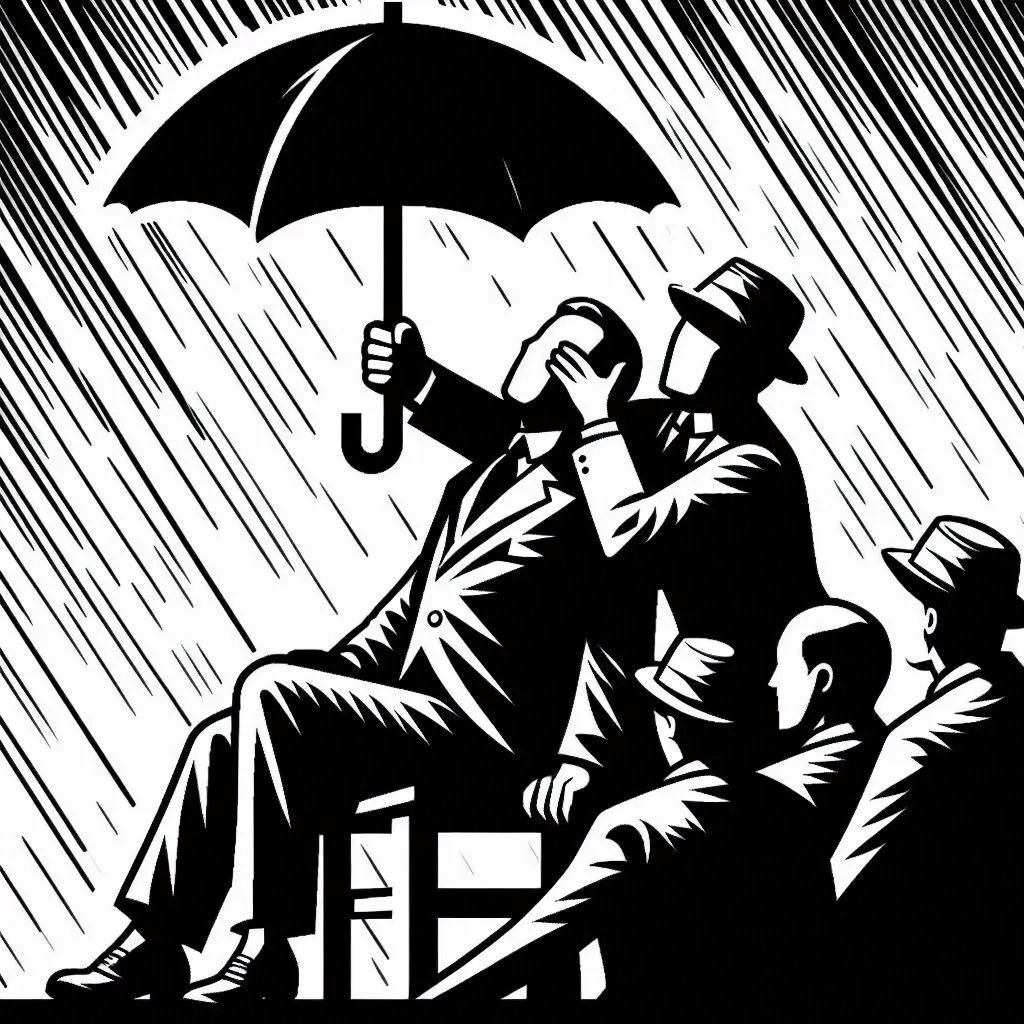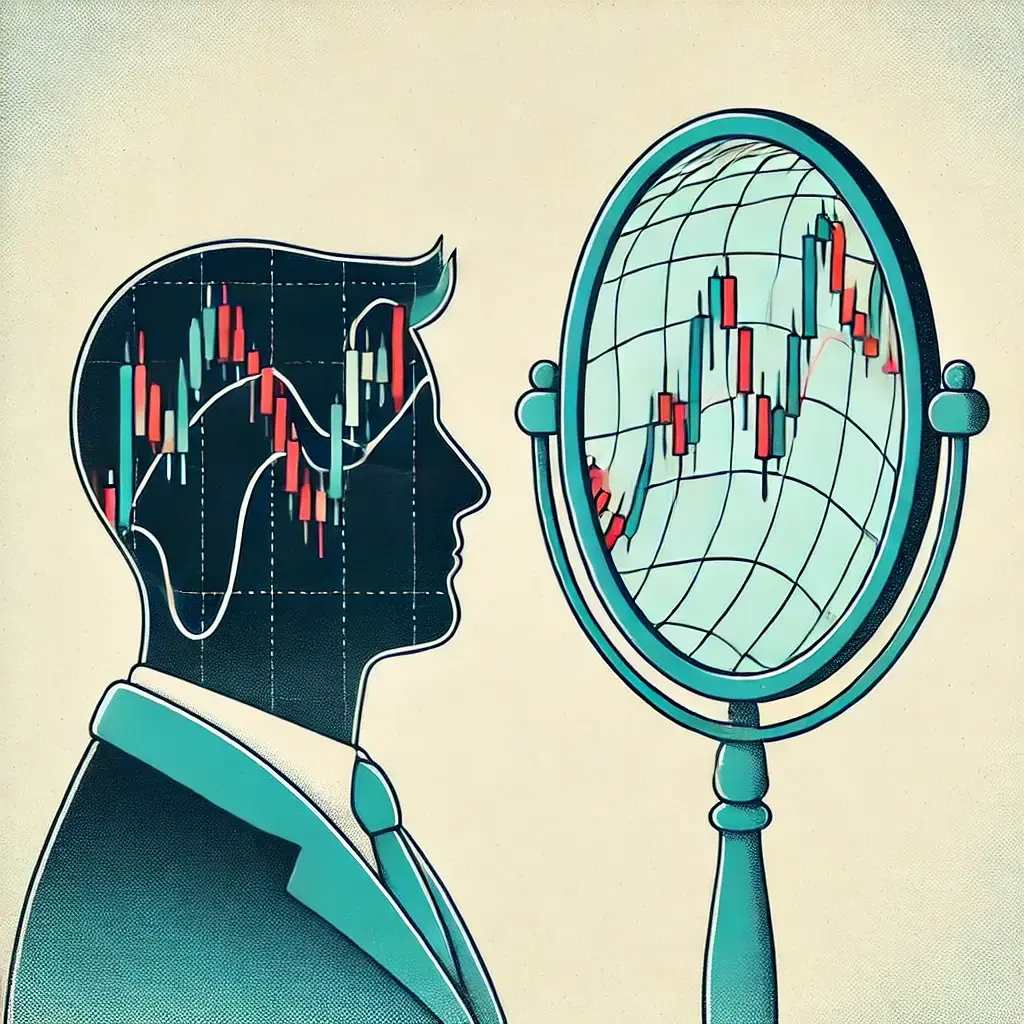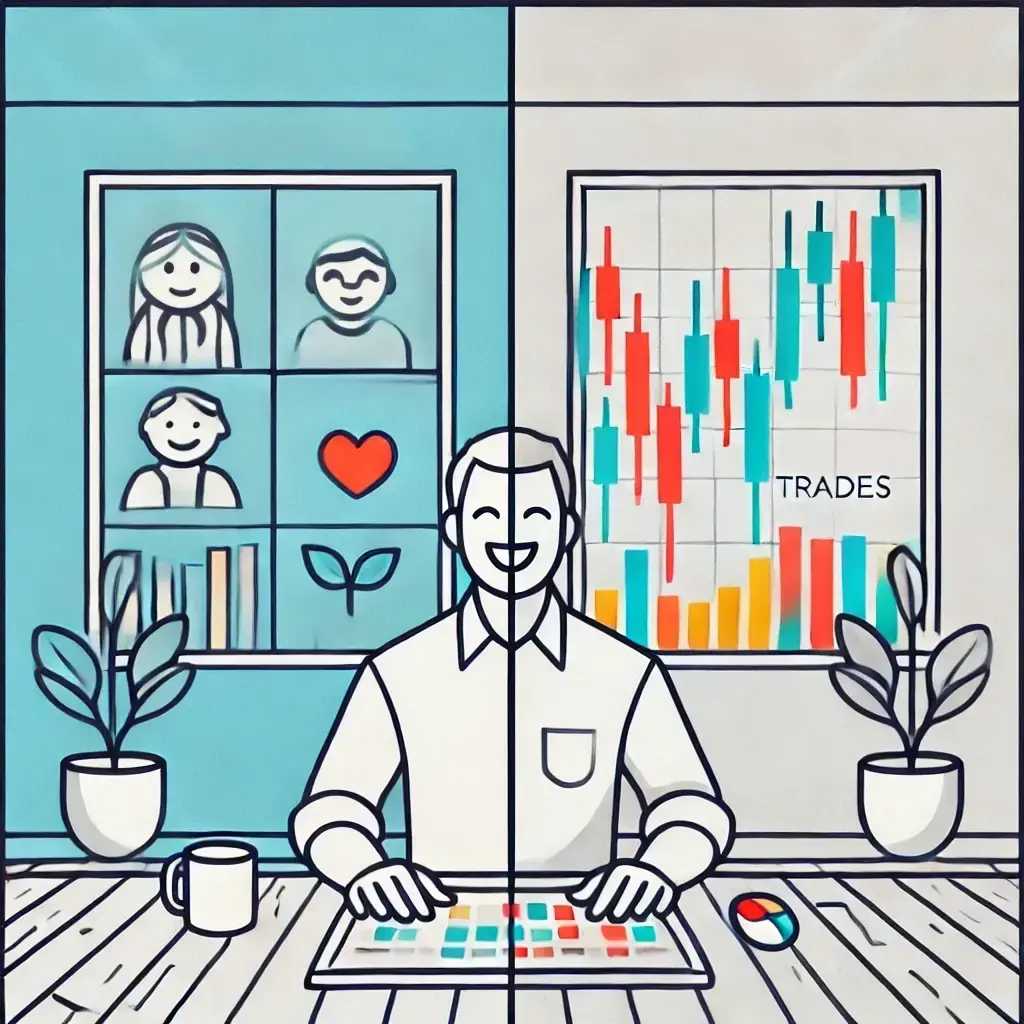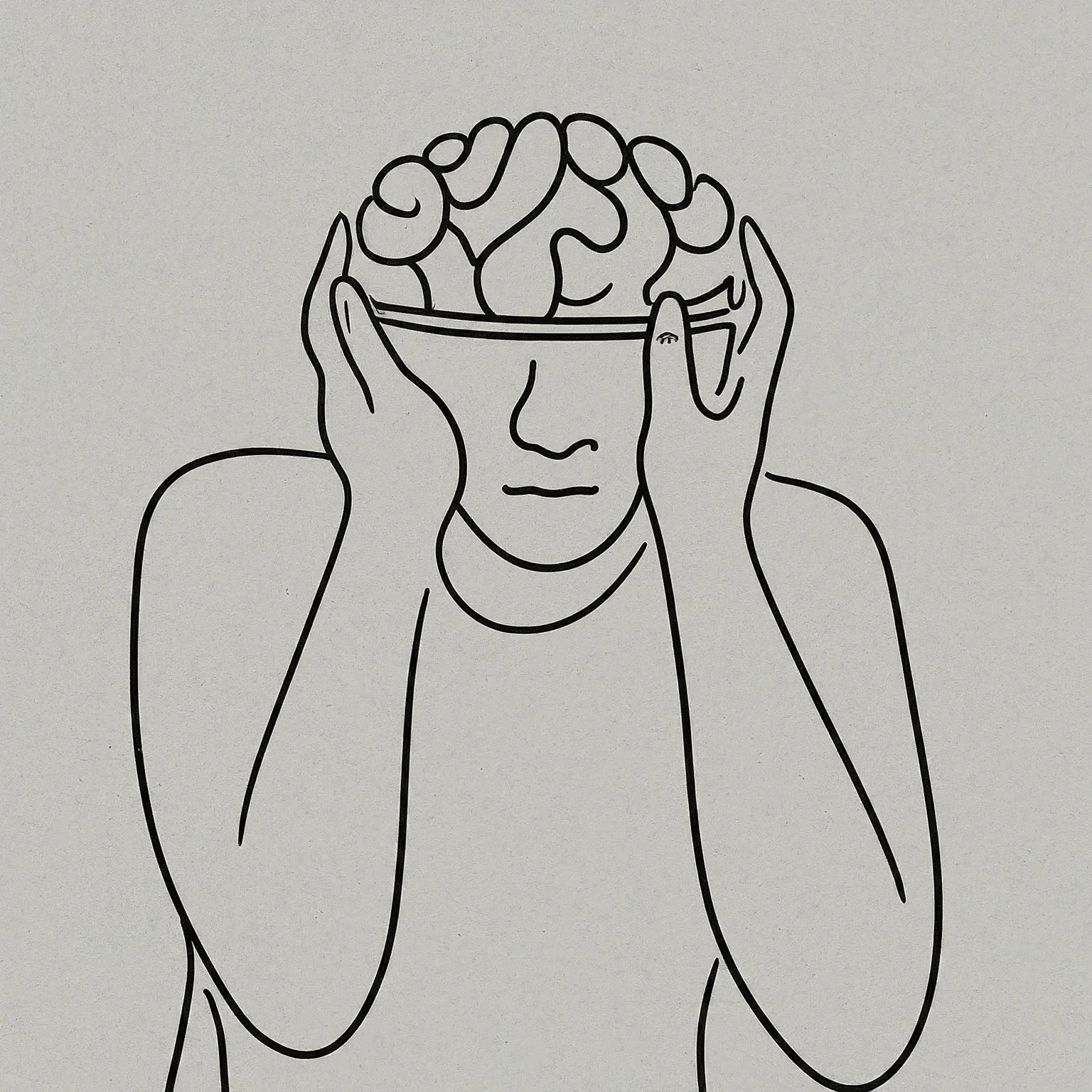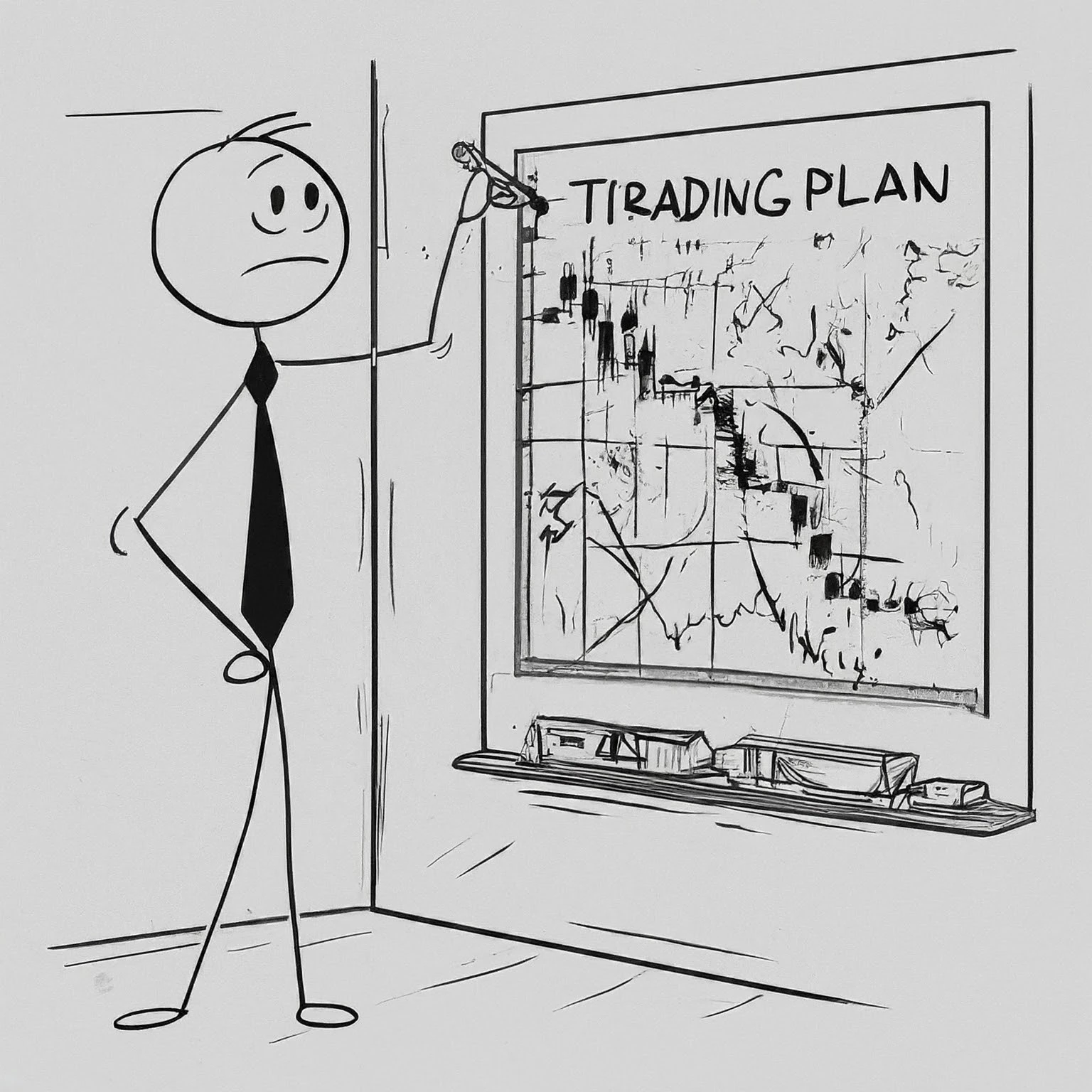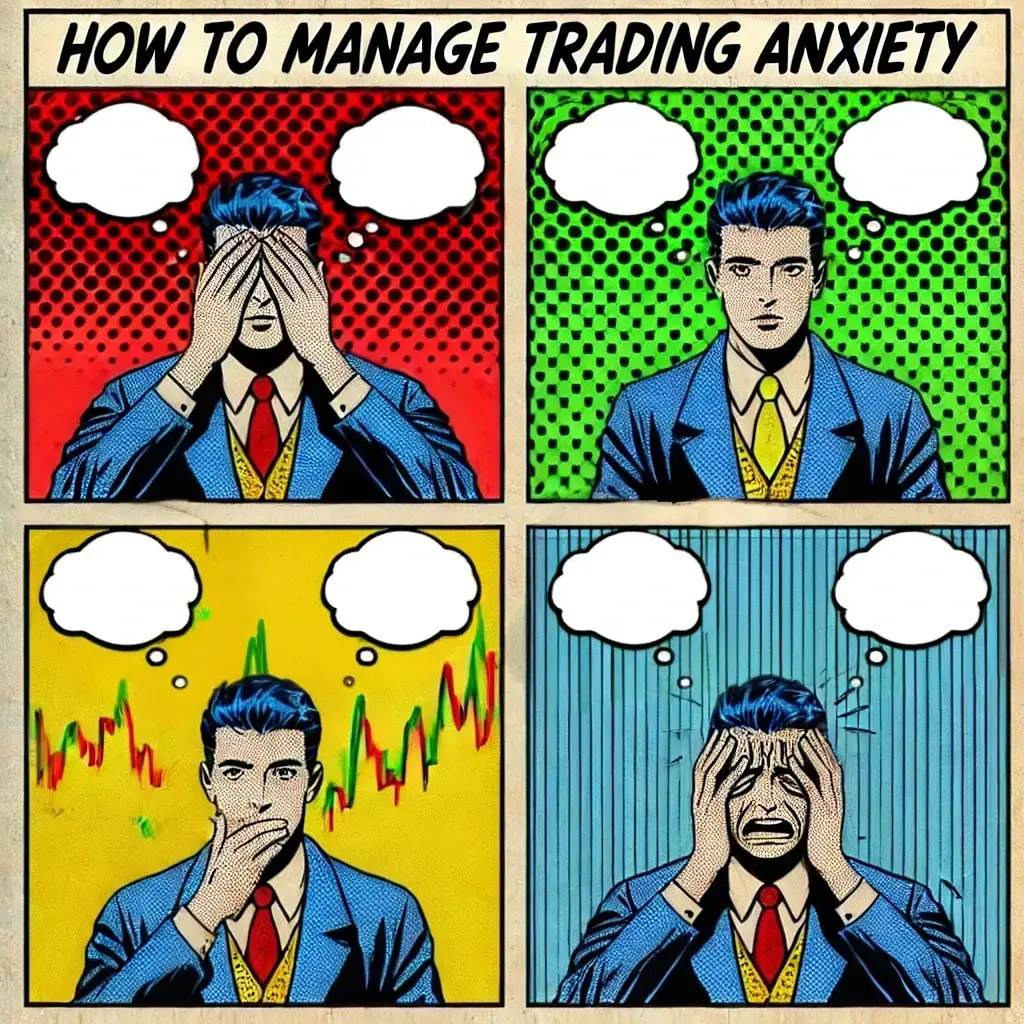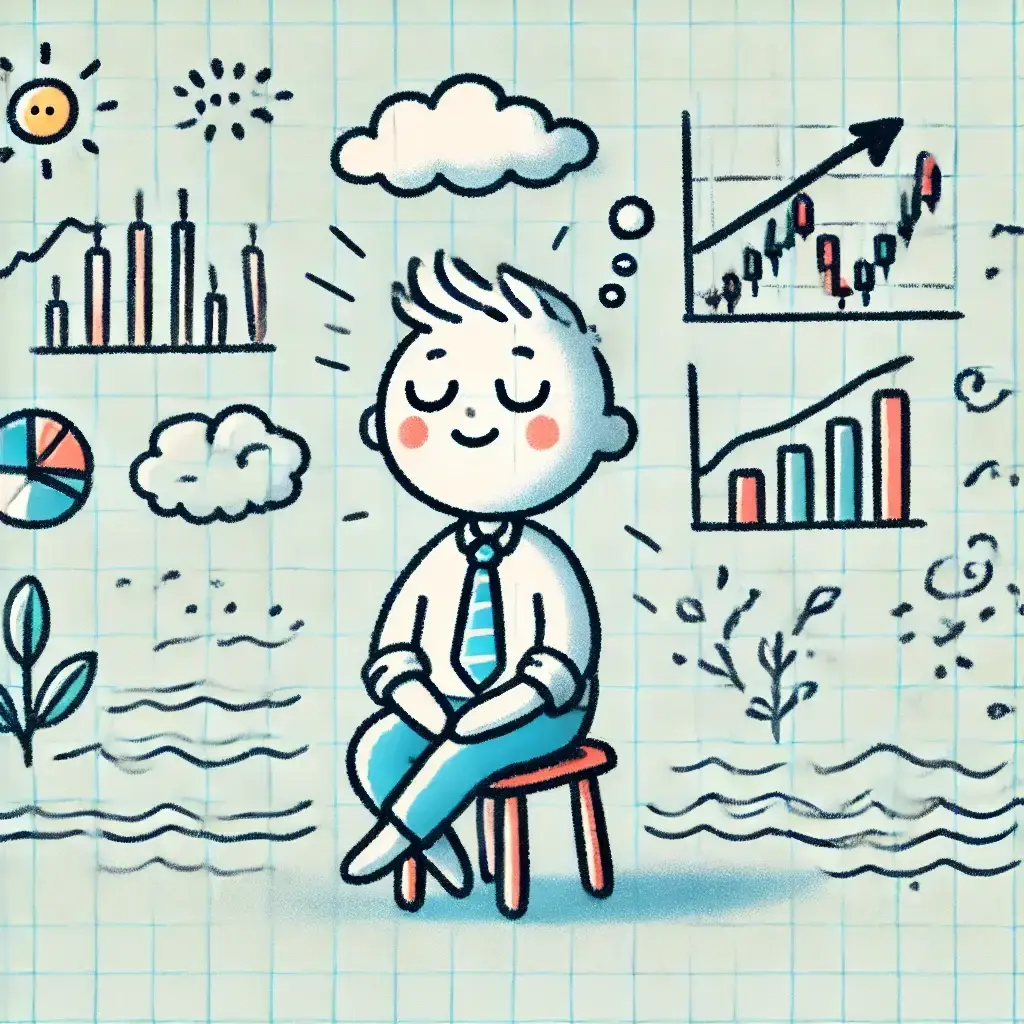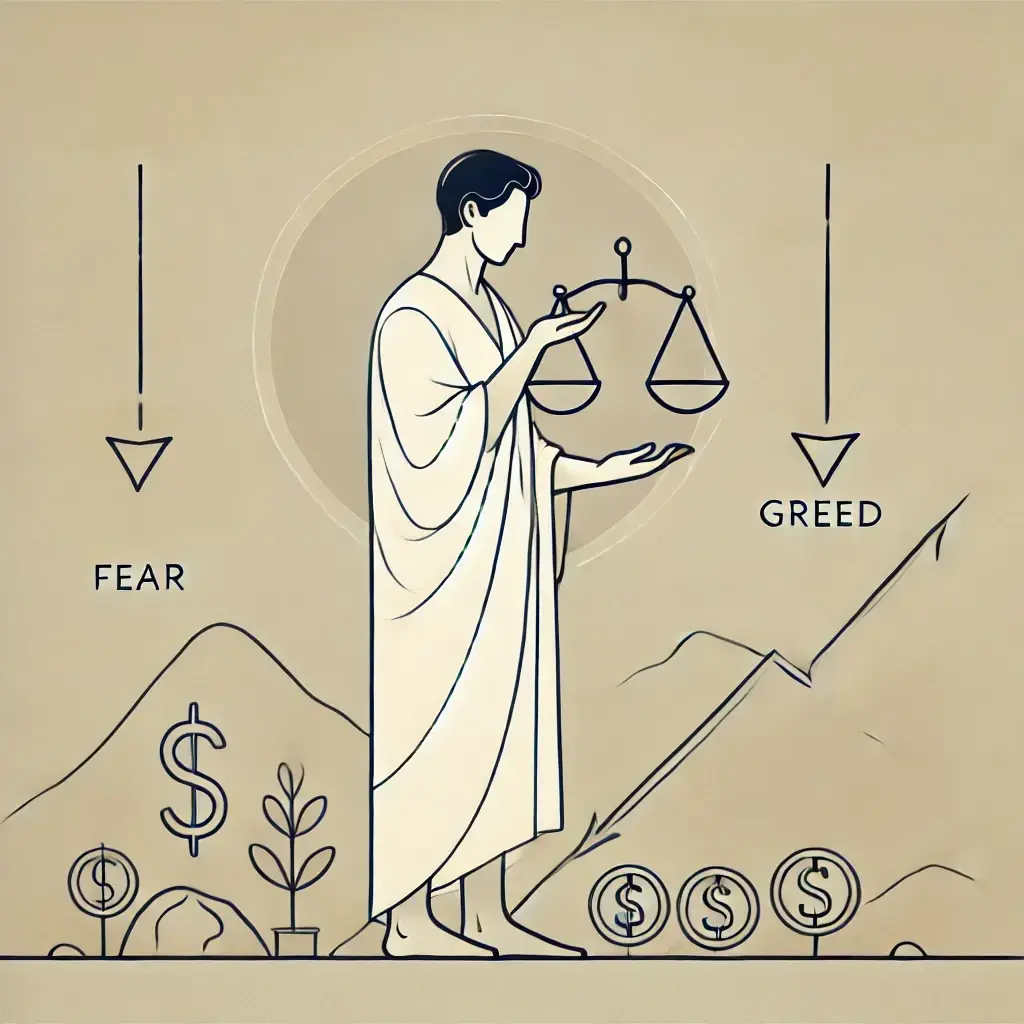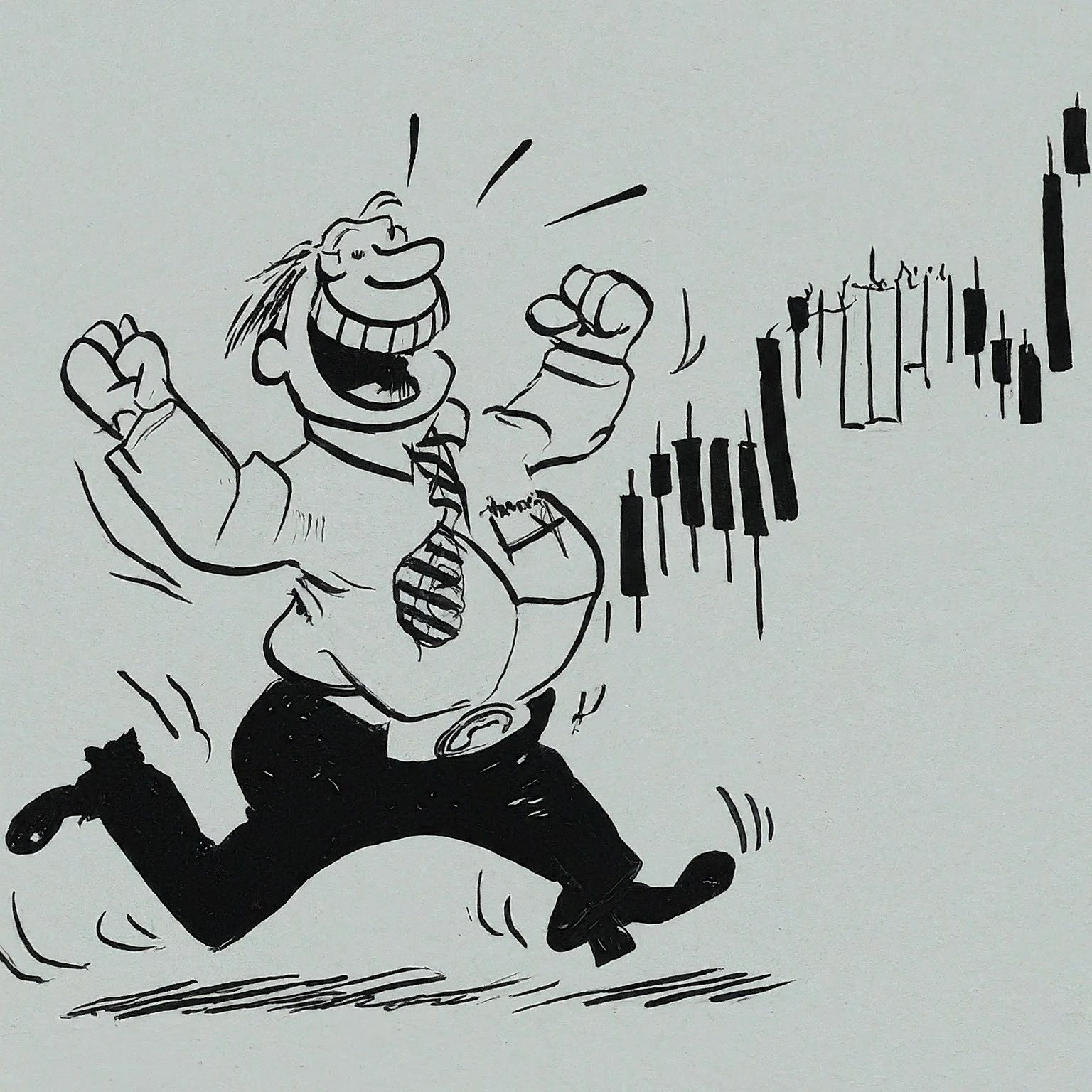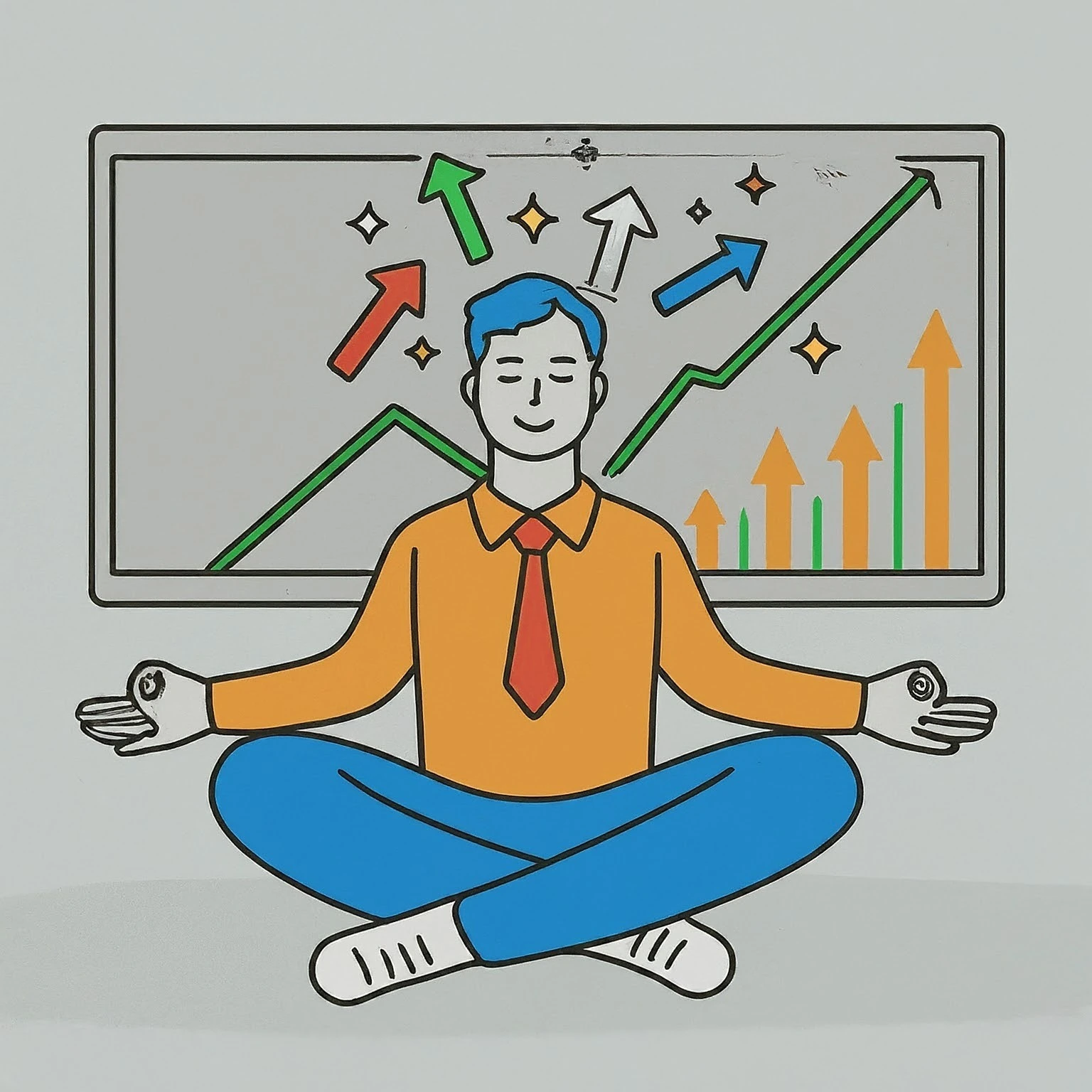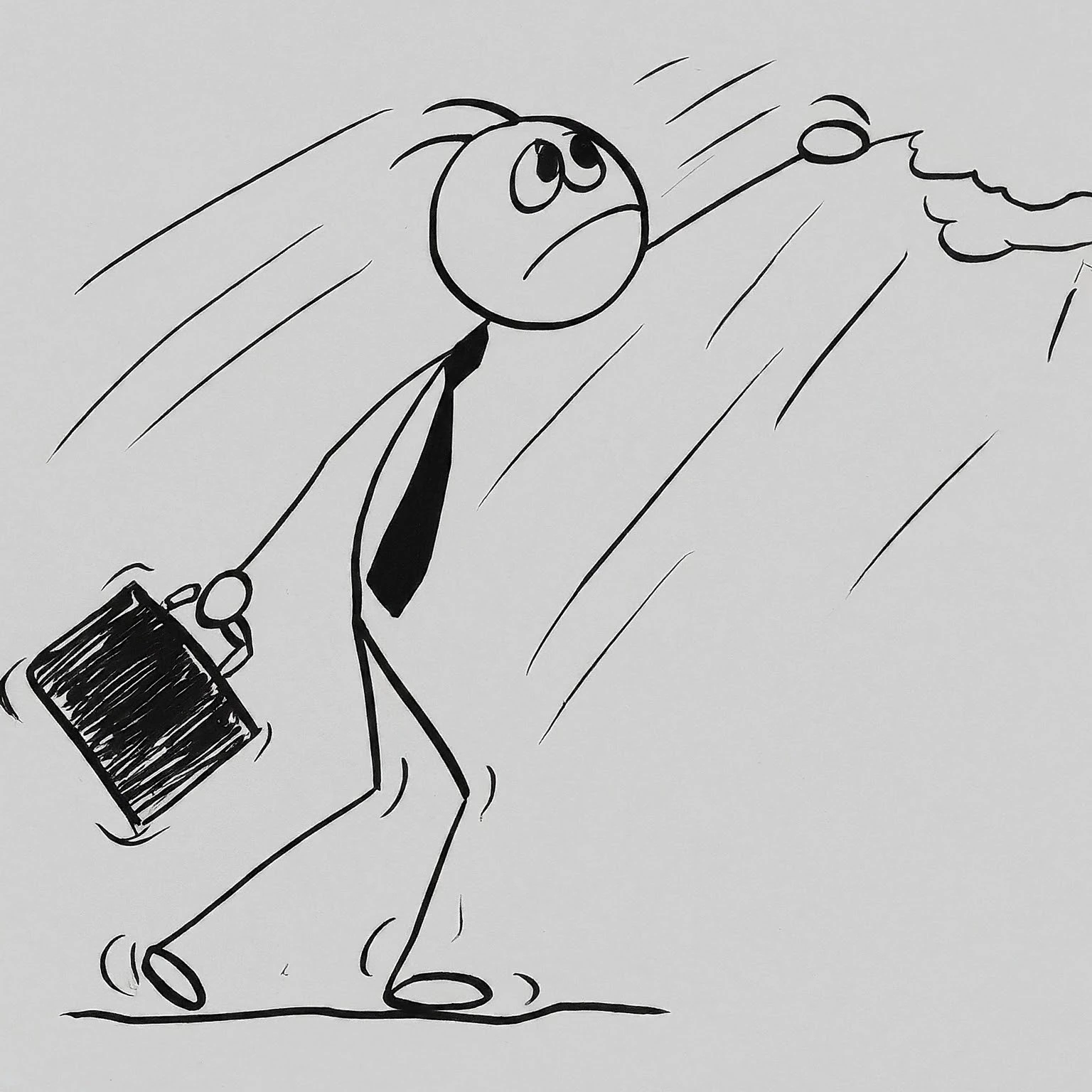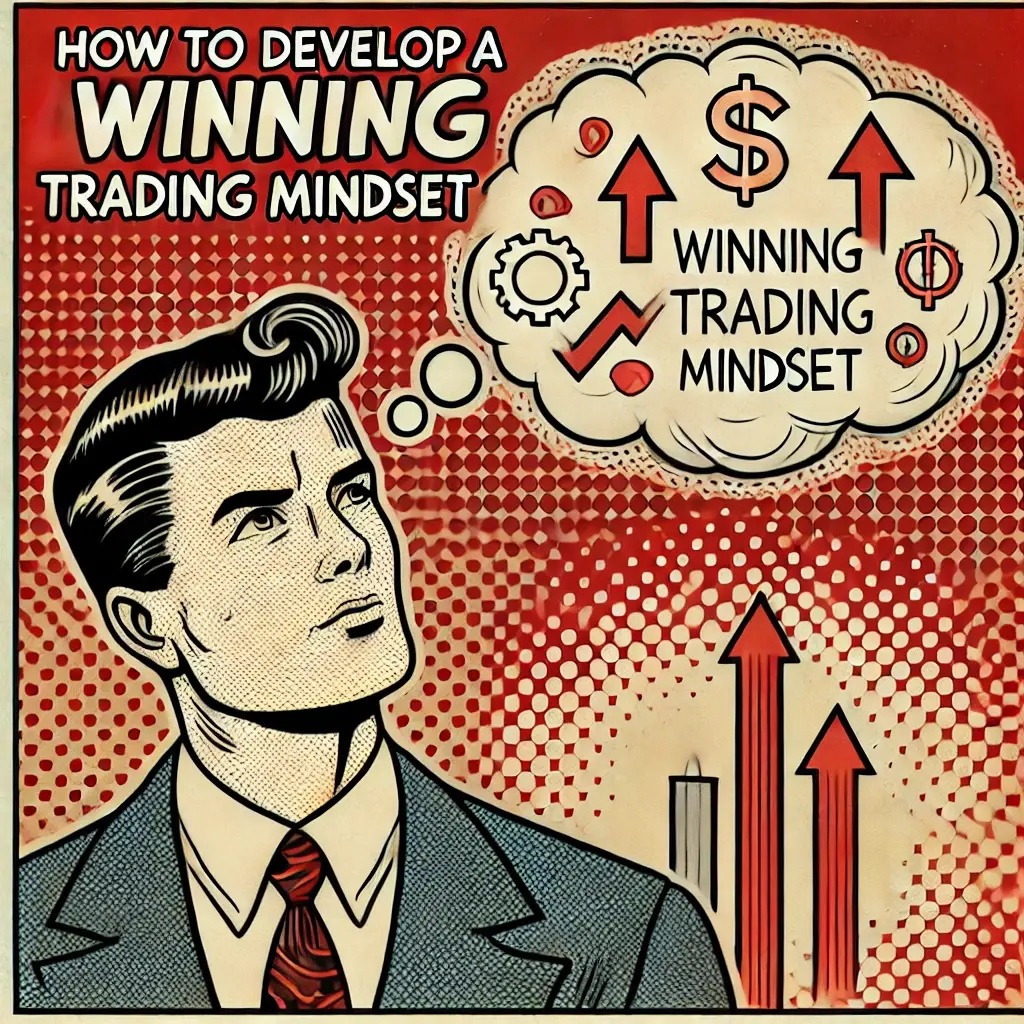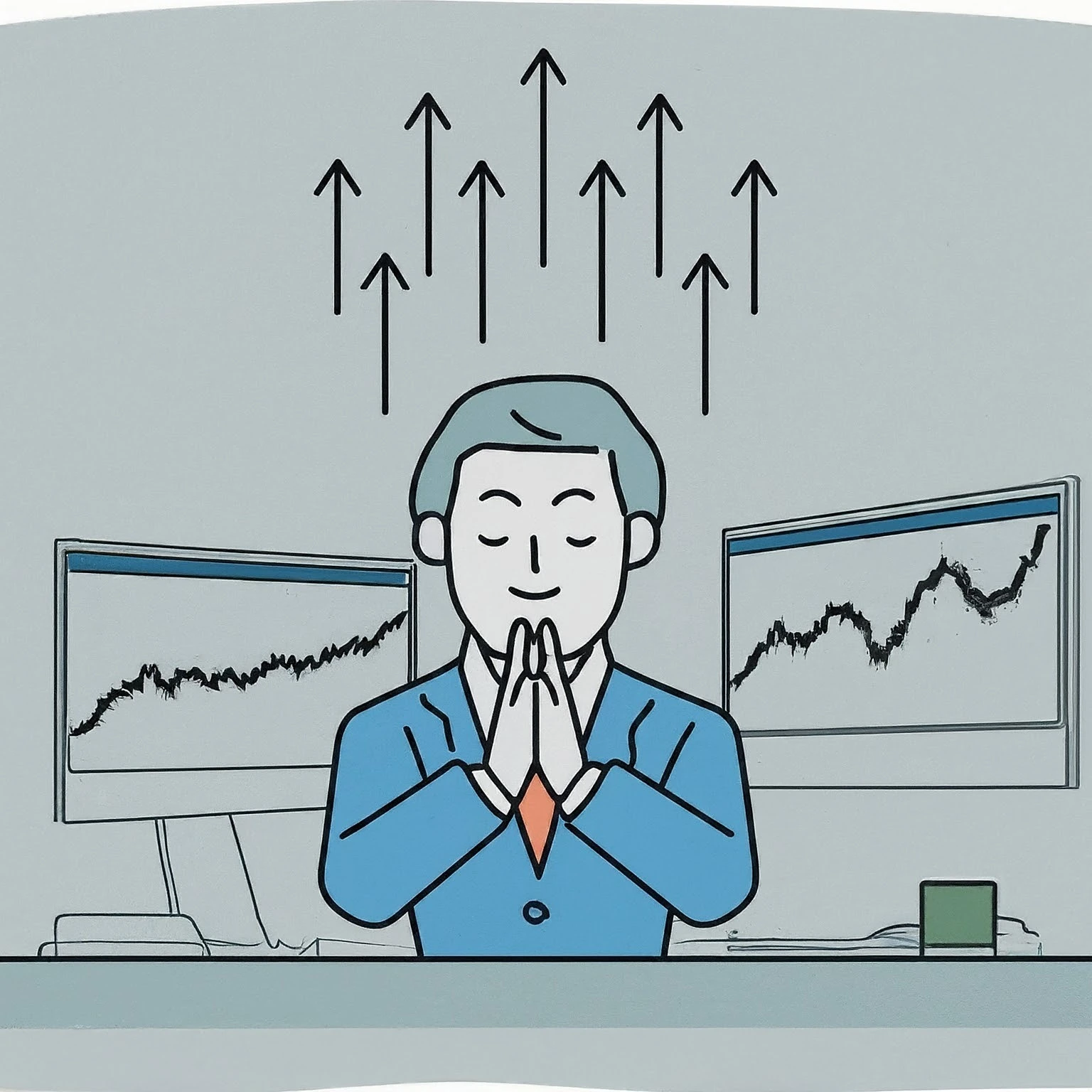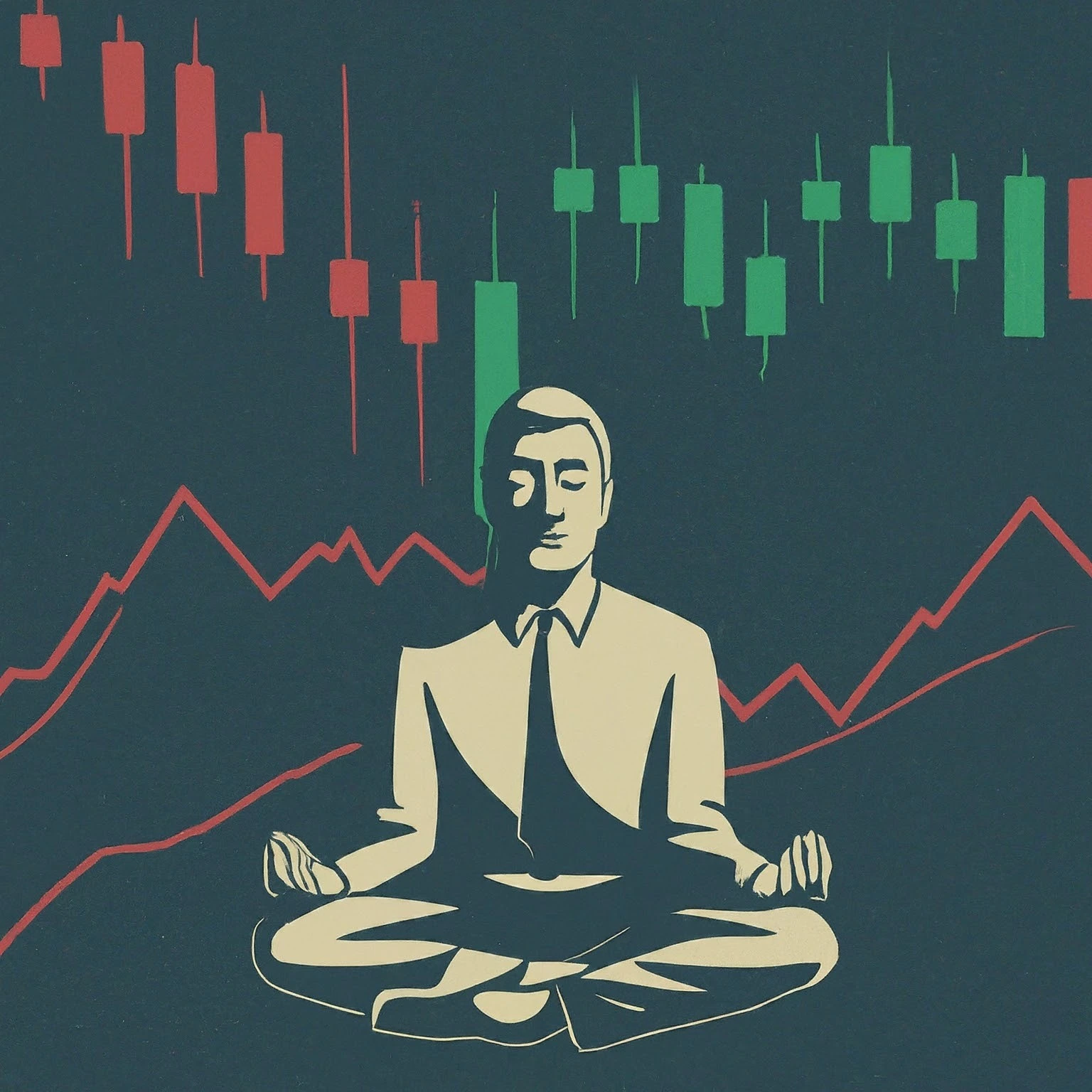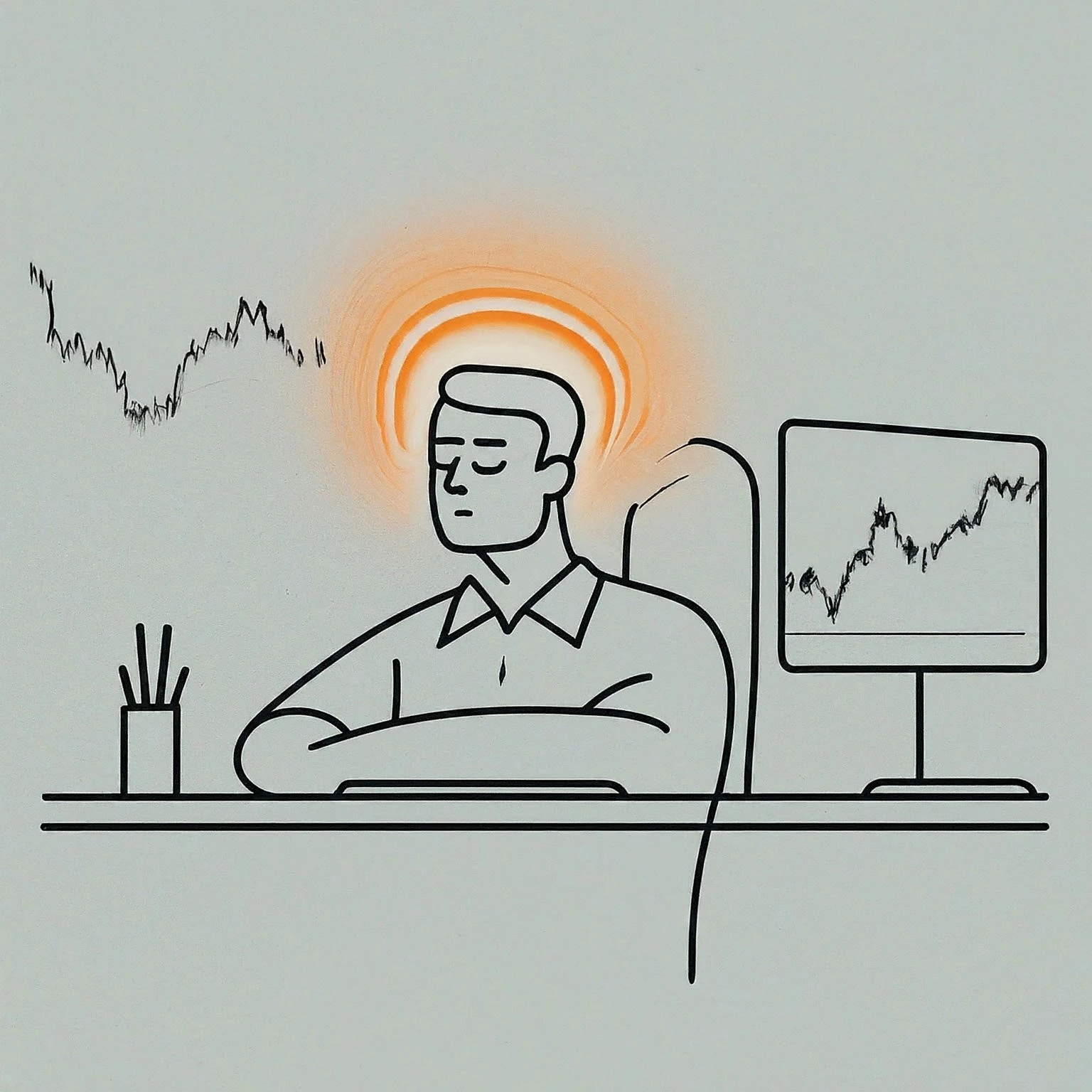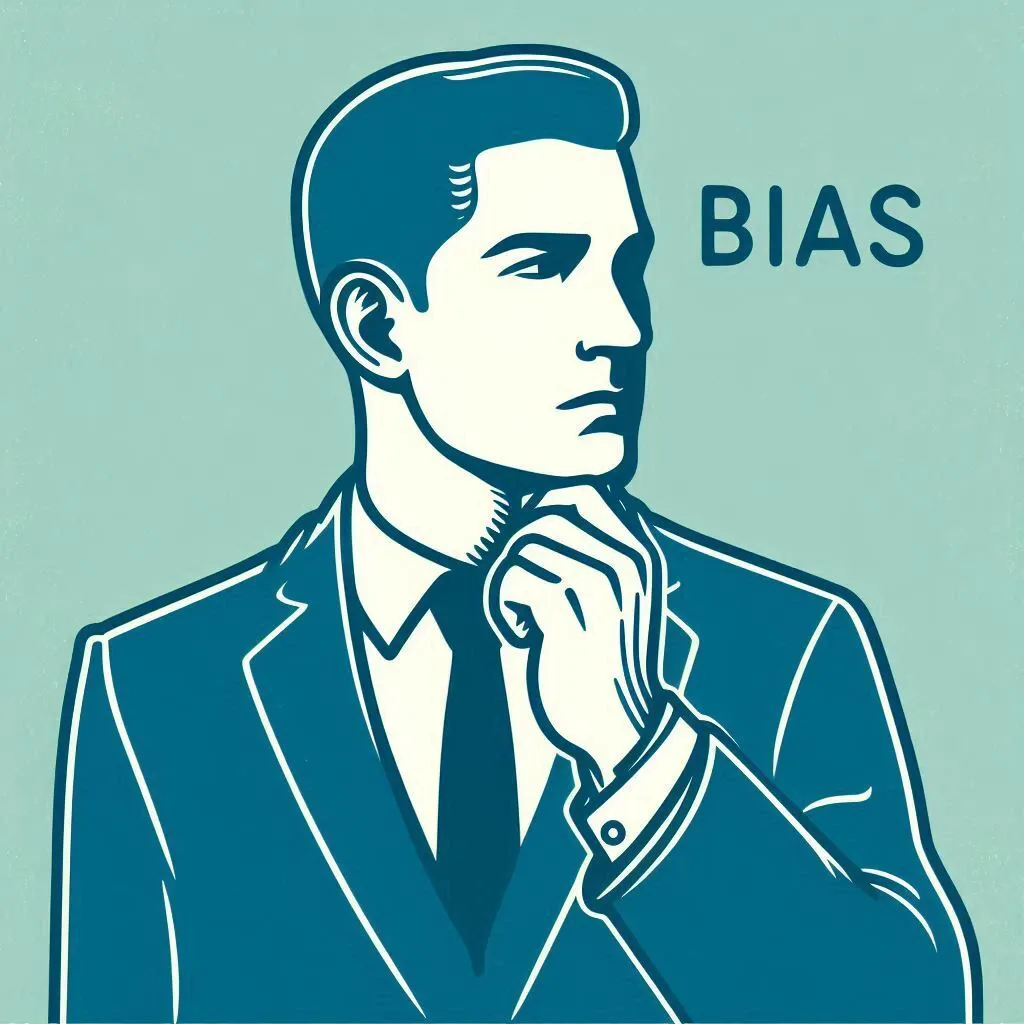- Adaptability(Noun)
- /uh-dap-tuh-bil-uh-tee/
- Definition: The ability to adjust strategies and actions in response to changing market conditions.
- Etymology: "Adaptability" stems from Latin "adaptare," meaning "to fit," and has evolved to describe the skill of adjusting to new conditions.
- Similar: Flexibility
- Opposite: Rigidity
- Example: "Successful traders show high adaptability in rapidly changing markets."
- Adapting to Market Conditions(Verb)
- /uh-dap-ting too mar-kit kun-dish-uns/
- Definition: The process of modifying trading strategies based on the current state of the market.
- Etymology: "Adapting" comes from Latin "adaptare," meaning "to fit," and "conditions" from Latin "conditio," meaning "agreement, situation."
- Similar: Adjusting to the market
- Opposite: Sticking to a single strategy
- Example: "Adapting to market conditions is crucial for long-term trading success."
- Anchoring Bias(Noun)
- /ang-kur-ing by-uhs/
- Definition: A cognitive bias where individuals rely too heavily on the first piece of information encountered when making decisions.
- Etymology: "Anchoring" from Old English "anker," meaning "a device to hold a ship in place," and "bias" from Old French "biais," meaning "slant, inclination."
- Similar: Initial influence
- Opposite: Open-mindedness
- Example: "Anchoring bias can cause traders to stick to their initial price targets, even when the market changes."
- Anxiety(Noun)
- /ang-zai-uh-tee/
- Definition: A feeling of worry or unease, often experienced by traders in volatile markets.
- Etymology: "Anxiety" from Latin "anxietas," meaning "troubled in mind."
- Similar: Worry, stress
- Opposite: Calmness
- Example: "High levels of anxiety can lead to poor decision-making in trading."
- Avoiding Emotional Decisions(Verb)
- /uh-voyd-ing ee-moh-shuh-nuhl dih-sizh-uns/
- Definition: The practice of making trading decisions based on logic and analysis rather than emotions.
- Etymology: "Avoiding" from Old French "eviter," meaning "to shun," and "emotional" from Latin "emovere," meaning "to move out, stir up."
- Similar: Staying rational
- Opposite: Emotional trading
- Example: "Avoiding emotional decisions helps traders stick to their plan during market swings."
- Avoiding Overconfidence(Verb)
- /uh-voyd-ing oh-ver-kon-fi-duhns/
- Definition: The practice of recognizing and mitigating excessive confidence that can lead to risky trading behavior.
- Etymology: "Overconfidence" from Latin "over," meaning "beyond," and "confidence" from Latin "confidentia," meaning "firmly trusting."
- Similar: Staying humble
- Opposite: Arrogance
- Example: "Avoiding overconfidence is key to managing risk effectively in trading."
- Behavioral Finance(Noun)
- /bi-hayv-yor-uhl fi-nans/
- Definition: A field of study that examines the psychological factors influencing investors' decisions and market outcomes.
- Etymology: "Behavioral" from Latin "behavior," meaning "manner of acting," and "finance" from Latin "finare," meaning "to end or settle."
- Opposite: Traditional finance
- Example: "Behavioral finance explores why investors might irrationally follow trends or panic sell."
- Behavioral Patterns(Noun)
- /bi-hayv-yor-uhl pat-urns/
- Definition: Repeated actions or reactions that traders exhibit, often subconsciously, which can influence trading outcomes.
- Etymology: "Behavioral" from Latin "behavior," meaning "manner of acting," and "patterns" from Old French "patron," meaning "model, design."
- Similar: Behavioral habits
- Opposite: Spontaneous actions
- Example: "Recognizing behavioral patterns can help traders avoid repeating past mistakes."
- Chasing the Market(Verb)
- /chay-sing the mar-kit/
- Definition: The act of buying or selling based on recent price movements rather than a well-thought-out strategy.
- Etymology: "Chasing" from Old French "chacier," meaning "to hunt," and "market" from Latin "mercatus," meaning "trade, market."
- Similar: Reactive trading
- Opposite: Strategic trading
- Example: "Chasing the market often leads to buying high and selling low."
- Cognitive Bias(Noun)
- /kog-ni-tiv by-uhs/
- Definition: A systematic pattern of deviation from norm or rationality in judgment, affecting trading decisions.
- Etymology: "Cognitive" from Latin "cognitivus," meaning "pertaining to knowledge," and "bias" from Old French "biais," meaning "slant, inclination."
- Similar: Mental bias
- Opposite: Objective reasoning
- Example: "Cognitive bias can lead traders to make decisions that aren't in their best interest."
- Confidence(Noun)
- /kon-fi-duhns/
- Definition: The feeling of self-assurance in one's trading decisions, based on past successes and analysis.
- Etymology: "Confidence" from Latin "confidentia," meaning "firmly trusting."
- Similar: Self-assurance
- Opposite: Doubt
- Example: "Confidence in your trading strategy is crucial, but it must be balanced with caution."
- Confirmation Bias(Noun)
- /kon-fur-may-shun by-uhs/
- Definition: The tendency to search for, interpret, and remember information that confirms one's preconceptions.
- Etymology: "Confirmation" from Latin "confirmare," meaning "to strengthen," and "bias" from Old French "biais," meaning "slant, inclination."
- Similar: Selective perception
- Opposite: Open-mindedness
- Example: "Confirmation bias can lead traders to ignore warning signs that contradict their beliefs."
- Consistency(Noun)
- /kun-sis-ten-see/
- Definition: The quality of always behaving or performing in a similar way, especially in adhering to a trading plan.
- Etymology: "Consistency" from Latin "consistentia," meaning "standing firm."
- Similar: Steadiness, reliability
- Opposite: Inconsistency
- Example: "Consistency in following a trading strategy is key to long-term success."
- Continuous Improvement(Noun)
- /kon-tin-yoo-uhs im-proov-ment/
- Definition: The ongoing effort to enhance trading strategies and performance over time through learning and adaptation.
- Etymology: "Continuous" from Latin "continuus," meaning "uninterrupted," and "improvement" from Old French "emprover," meaning "to make better."
- Similar: Ongoing development
- Opposite: Stagnation
- Example: "Traders who focus on continuous improvement are more likely to adapt to market changes."
- Cut Losses(Verb)
- /kut laws-iz/
- Definition: The practice of selling a losing investment to prevent further losses, often guided by a predetermined stop-loss level.
- Etymology: "Cut" from Old English "cyttan," meaning "to divide," and "losses" from Old English "los," meaning "destruction, ruin."
- Similar: Minimize losses
- Opposite: Hold on to losses
- Example: "Learning to cut losses quickly can protect your trading capital from significant declines."
- Decision Fatigue(Noun)
- /dih-sizh-un fuh-teeg/
- Definition: The deteriorating quality of decisions made by an individual after a long session of decision-making.
- Etymology: "Decision" from Latin "decidere," meaning "to cut off," and "fatigue" from French "fatiguer," meaning "to tire."
- Similar: Decision burnout
- Opposite: Mental clarity
- Example: "Decision fatigue can lead to impulsive trades that are not well thought out."
- Decision-Making(Noun)
- /dih-sizh-un mayk-ing/
- Definition: The cognitive process of selecting a course of action from multiple alternatives in trading.
- Etymology: "Decision" from Latin "decidere," meaning "to cut off," and "making" from Old English "macian," meaning "to build."
- Similar: Judgement, selection
- Opposite: Indecision
- Example: "Effective decision-making is critical in volatile market conditions."
- Detachment(Noun)
- /dih-tach-ment/
- Definition: The ability to remain emotionally uninvolved or indifferent to trading outcomes, leading to more rational decisions.
- Etymology: "Detachment" from French "détacher," meaning "to unfasten, detach."
- Similar: Objectivity, neutrality
- Opposite: Attachment, involvement
- Example: "Practicing detachment can help traders avoid emotional reactions to losses."
- Detachment from Outcomes(Noun)
- /dih-tach-ment frum out-kumz/
- Definition: The practice of focusing on the process of trading rather than being emotionally tied to the results of individual trades.
- Etymology: "Outcome" from Old English "utcom," meaning "what comes out," combined with "detachment," meaning emotional distance.
- Similar: Process focus
- Opposite: Outcome fixation
- Example: "Detachment from outcomes allows traders to stick to their strategy without fear."
- Discipline(Noun)
- /dis-uh-plin/
- Definition: The practice of consistently following a trading plan and maintaining control over emotions and impulses.
- Etymology: "Discipline" from Latin "disciplina," meaning "instruction, knowledge."
- Similar: Self-control, regulation
- Opposite: Indiscipline
- Example: "Discipline is essential to avoid making impulsive trades based on market noise."
- Emotional Control(Noun)
- /ee-moh-shuh-nuhl kun-trohl/
- Definition: The ability to manage and regulate emotions, especially under pressure in trading situations.
- Etymology: "Emotional" from Latin "emovere," meaning "to move out, stir up," and "control" from Latin "contra-rotulare," meaning "to check against."
- Similar: Emotional regulation
- Opposite: Emotional instability
- Example: "Emotional control helps traders avoid reacting impulsively to market fluctuations."
- Emotional Intelligence(Noun)
- /ee-moh-shuh-nuhl in-tel-i-juhns/
- Definition: The ability to recognize, understand, and manage one's own emotions, as well as the emotions of others, in trading.
- Etymology: "Intelligence" from Latin "intelligentia," meaning "understanding."
- Similar: Emotional awareness
- Opposite: Emotional ignorance
- Example: "High emotional intelligence allows traders to remain calm and focused during stressful market conditions."
- Emotional Trading(Noun)
- /ee-moh-shuh-nuhl tray-ding/
- Definition: Making trading decisions based on emotions rather than logic or analysis, often leading to poor outcomes.
- Etymology: "Emotional" from Latin "emovere," meaning "to move out, stir up," and "trading" from Old English "tradian," meaning "to trade, barter."
- Similar: Impulsive trading
- Opposite: Rational trading
- Example: "Emotional trading often results in buying high and selling low."
- Fear(Noun)
- /feer/
- Definition: An emotion induced by perceived danger or threat, often leading to irrational trading decisions.
- Etymology: "Fear" from Old English "fær," meaning "danger."
- Similar: Anxiety, dread
- Opposite: Courage
- Example: "Fear can prevent traders from making rational decisions during market downturns."
- Fear of Failure(Noun)
- /feer ov fayl-yer/
- Definition: The apprehension of not succeeding in trading, which can lead to hesitation or avoidance of necessary risks.
- Etymology: "Failure" from Old French "faillir," meaning "to fail."
- Similar: Apprehension
- Opposite: Confidence
- Example: "Fear of failure may cause traders to avoid taking calculated risks that could lead to success."
- Fear of Loss(Noun)
- /feer ov laws/
- Definition: The fear of losing money in the market, which can lead to overly conservative trading strategies or panic selling.
- Etymology: "Loss" from Old English "los," meaning "destruction, ruin."
- Similar: Loss aversion
- Opposite: Risk tolerance
- Example: "Fear of loss can paralyze traders, causing them to miss out on potential gains."
- Focus(Noun)
- /foh-kus/
- Definition: The concentration of attention or energy on a specific trading task or goal.
- Etymology: "Focus" from Latin "focus," meaning "hearth, fireplace," later meaning "central point of attention."
- Similar: Concentration
- Opposite: Distraction
- Example: "Maintaining focus during trading hours is essential for making sound decisions."
- Focused Mindset(Noun)
- /foh-kusd mind-set/
- Definition: A mental state where a trader is fully engaged and concentrated on trading tasks, minimizing distractions.
- Etymology: "Mindset" from Old English "mynd," meaning "thought," combined with "set," from Old English "settan," meaning "to put in place."
- Similar: Concentrated attitude
- Opposite: Scattered mindset
- Example: "A focused mindset helps traders execute their strategies without being swayed by market noise."
- FOMO (Fear of Missing Out)(Noun)
- /fo-moh (feer ov mis-ing owt)/
- Definition: A psychological phenomenon where traders feel anxiety over missing potential profits, leading to impulsive decisions.
- Etymology: "FOMO" is an acronym for "Fear of Missing Out," with "fear" from Old English "fær," meaning "danger."
- Similar: Market anxiety
- Opposite: Contentment
- Example: "FOMO can cause traders to jump into trades without proper analysis."
- FUD (Fear, Uncertainty, and Doubt)(Noun)
- /fud (feer, un-sur-ten-tee, and dout)/
- Definition: A strategy to influence perception by spreading negative or dubious information, often leading to panic selling.
- Etymology: "FUD" is an acronym for "Fear, Uncertainty, and Doubt," with "fear" from Old English "fær," meaning "danger," and "doubt" from Latin "dubitare," meaning "to hesitate."
- Similar: Market manipulation
- Opposite: Confidence
- Example: "FUD can create panic in the market, leading to irrational selling."
- Gambler’s Fallacy(Noun)
- /gam-blerz fal-uh-see/
- Definition: The mistaken belief that future probabilities are altered by past events, leading to erroneous trading decisions.
- Etymology: "Gambler" from Old English "gamen," meaning "game," and "fallacy" from Latin "fallacia," meaning "deception."
- Similar: Monte Carlo fallacy
- Opposite: Rational analysis
- Example: "The gambler’s fallacy can cause traders to expect a market reversal based solely on recent trends."
- Goal Setting(Noun)
- /gohl set-ing/
- Definition: The process of defining specific, measurable, and achievable objectives in trading.
- Etymology: "Goal" from Old English "gal," meaning "obstacle, boundary," and "setting" from Old English "settan," meaning "to put in place."
- Similar: Objective planning
- Opposite: Aimlessness
- Example: "Effective goal setting helps traders stay focused and measure their progress."
- Greed(Noun)
- /greed/
- Definition: An intense desire for wealth or profit that can lead to risky and irrational trading behavior.
- Etymology: "Greed" from Old English "grædig," meaning "voracious."
- Similar: Avarice
- Opposite: Moderation
- Example: "Greed can lead traders to hold onto positions too long, hoping for higher profits."
- Habit Formation(Noun)
- /hab-it for-may-shun/
- Definition: The process by which behaviors become automatic or habitual, often influencing trading patterns.
- Etymology: "Habit" from Latin "habitus," meaning "condition, state," and "formation" from Latin "formatio," meaning "a shaping."
- Similar: Behavioral conditioning
- Opposite: Sporadic behavior
- Example: "Positive habit formation can lead to consistent and disciplined trading practices."
- Handling Drawdowns(Verb)
- /han-dling draw-downs/
- Definition: The ability to manage and recover from periods of reduced portfolio value, often by maintaining discipline and avoiding panic.
- Etymology: "Drawdown" from Old English "drawan," meaning "to pull," combined with "down," indicating a decrease.
- Similar: Managing losses
- Opposite: Ignoring losses
- Example: "Handling drawdowns effectively is crucial for long-term trading success."
- Handling Uncertainty(Verb)
- /han-dling un-sur-ten-tee/
- Definition: The ability to make decisions and maintain composure despite unpredictable market conditions.
- Etymology: "Uncertainty" from Latin "incertus," meaning "not sure."
- Similar: Managing ambiguity
- Opposite: Seeking certainty
- Example: "Traders who excel at handling uncertainty are better equipped to navigate volatile markets."
- Herd Mentality(Noun)
- /hurd men-tal-i-tee/
- Definition: The tendency to follow the actions of a larger group, often leading to irrational trading decisions based on market sentiment rather than analysis.
- Etymology: "Herd" from Old English "heord," meaning "a flock," and "mentality" from Latin "mentalitas," meaning "mind, mental state."
- Similar: Groupthink
- Opposite: Independent thinking
- Example: "Herd mentality can lead traders to buy during a bubble or sell during a crash."
- Impulse Control(Noun)
- /im-puls kun-trohl/
- Definition: The ability to resist the urge to make spontaneous or emotionally driven trading decisions.
- Etymology: "Impulse" from Latin "impulsus," meaning "a push against," and "control" from Latin "contra-rotulare," meaning "to check against."
- Similar: Self-restraint
- Opposite: Impulsiveness
- Example: "Strong impulse control is essential for avoiding knee-jerk reactions to market movements."
- Learning from Mistakes(Verb)
- /lur-ning frum mis-tayks/
- Definition: The process of analyzing errors in trading to avoid repeating them and improve future performance.
- Etymology: "Learning" from Old English "leornian," meaning "to get knowledge," and "mistake" from Old Norse "mistaka," meaning "to take in error."
- Similar: Error correction
- Opposite: Ignoring mistakes
- Example: "Traders who learn from mistakes are more likely to refine their strategies and succeed."
- Letting Profits Run(Verb)
- /let-ing proh-fits run/
- Definition: The strategy of holding onto winning trades to maximize potential gains, rather than closing them too early.
- Etymology: "Profit" from Latin "proficere," meaning "to make progress," and "run" from Old English "rinnan," meaning "to flow."
- Similar: Maximizing gains
- Opposite: Cutting profits short
- Example: "Letting profits run while managing risk is a key aspect of successful trading."
- Long-Term Focus(Noun)
- /lawng-term foh-kus/
- Definition: The mindset of prioritizing long-term goals and strategies over short-term gains in trading.
- Etymology: "Long-term" from Old English "lang," meaning "long," and "term" from Latin "terminus," meaning "end, limit," combined with "focus" from Latin "focus," meaning "central point."
- Similar: Long-term thinking
- Opposite: Short-term focus
- Example: "A long-term focus helps traders avoid being swayed by daily market fluctuations."
- Loss Aversion(Noun)
- /laws uh-vur-zhun/
- Definition: The psychological tendency to prefer avoiding losses over acquiring equivalent gains, often leading to overly conservative trading strategies.
- Etymology: "Aversion" from Latin "aversio," meaning "a turning away."
- Similar: Risk aversion
- Opposite: Risk tolerance
- Example: "Loss aversion can prevent traders from taking necessary risks to achieve gains."
- Managing Expectations(Verb)
- /man-uhj-ing eks-pek-tay-shunz/
- Definition: The process of setting realistic goals and understanding the potential outcomes of trading decisions, helping to avoid disappointment and emotional reactions.
- Etymology: "Expectations" from Latin "expectatio," meaning "anticipation."
- Similar: Expectation management
- Opposite: Unrealistic expectations
- Example: "Managing expectations is crucial for maintaining emotional stability in trading."
- Market Euphoria(Noun)
- /mar-kit yoo-for-ee-uh/
- Definition: A state of intense excitement and optimism in the market, often leading to overvalued assets and eventual corrections.
- Etymology: "Euphoria" from Greek "euphoria," meaning "bearing well."
- Similar: Market exuberance
- Opposite: Market pessimism
- Example: "Market euphoria can lead to irrational exuberance and bubble formations."
- Market Noise(Noun)
- /mar-kit noyz/
- Definition: Short-term fluctuations in the market that are caused by minor, often random, events and do not reflect the underlying trend.
- Etymology: "Noise" from Latin "nausea," meaning "discomfort," later evolving to mean "irrelevant or distracting sounds."
- Similar: Market chatter
- Opposite: Market signal
- Example: "Experienced traders learn to ignore market noise and focus on the bigger picture."
- Meditation(Noun)
- /med-i-tay-shun/
- Definition: A practice of focused attention or mindfulness that helps traders manage stress and maintain mental clarity.
- Etymology: "Meditation" from Latin "meditatio," meaning "contemplation."
- Similar: Mindfulness practice
- Opposite: Distraction
- Example: "Meditation can help traders maintain calm and clarity during volatile trading sessions."
- Mental Agility(Noun)
- /men-tl uh-jil-i-tee/
- Definition: The ability to think quickly and clearly, adapting to new information or changes in the market.
- Etymology: "Agility" from Latin "agilitas," meaning "quickness, nimbleness."
- Similar: Mental flexibility
- Opposite: Mental rigidity
- Example: "Mental agility allows traders to adapt their strategies as market conditions change."
- Mental Clarity(Noun)
- /men-tl kler-i-tee/
- Definition: The state of having a clear, focused, and unclouded mind, essential for making sound trading decisions.
- Etymology: "Clarity" from Latin "claritas," meaning "clearness."
- Similar: Clear-headedness
- Opposite: Mental fog
- Example: "Maintaining mental clarity is crucial for analyzing market data effectively."
- Mental Flexibility(Noun)
- /men-tl flek-suh-bil-i-tee/
- Definition: The ability to adapt one's thinking and strategies to new information or changes in the trading environment.
- Etymology: "Flexibility" from Latin "flexibilis," meaning "easily bent."
- Similar: Cognitive flexibility
- Opposite: Stubbornness
- Example: "Mental flexibility allows traders to shift strategies when the market dictates."
- Mental Framework(Noun)
- /men-tl fraym-wurk/
- Definition: The set of beliefs, strategies, and methods a trader uses to approach the market and make decisions.
- Etymology: "Framework" from Old English "framian," meaning "to make progress," and "work" from Old English "weorc," meaning "deed, action."
- Similar: Mental model
- Opposite: Mental chaos
- Example: "Developing a solid mental framework helps traders approach the market with confidence and consistency."
- Mental Preparation(Noun)
- /men-tl preh-puh-ray-shun/
- Definition: The process of mentally preparing oneself for trading, including setting goals, visualizing success, and rehearsing strategies.
- Etymology: "Preparation" from Latin "praeparatio," meaning "a making ready."
- Similar: Mental readiness
- Opposite: Unpreparedness
- Example: "Mental preparation before trading can enhance focus and decision-making."
- Mental Toughness(Noun)
- /men-tl tuf-ness/
- Definition: The ability to remain resilient, focused, and undeterred by challenges or setbacks in trading.
- Etymology: "Toughness" from Old English "tōh," meaning "tenacious, strong."
- Similar: Resilience
- Opposite: Fragility
- Example: "Mental toughness is essential for enduring the inevitable ups and downs of trading."
- Mindfulness(Noun)
- /mind-ful-ness/
- Definition: The practice of maintaining a heightened awareness of the present moment, helping traders stay focused and calm.
- Etymology: "Mindfulness" from Old English "mynd," meaning "memory, thought," and "fullness," meaning "being filled with."
- Similar: Awareness
- Opposite: Mindlessness
- Example: "Practicing mindfulness can improve a trader's ability to manage stress and make clear decisions."
- Negative Bias(Noun)
- /neg-uh-tiv by-uhs/
- Definition: The tendency to focus more on negative outcomes or information, which can skew trading decisions and lead to overly cautious strategies.
- Etymology: "Negative" from Latin "negativus," meaning "expressing denial," and "bias" from Old French "biais," meaning "slant, inclination."
- Similar: Pessimism
- Opposite: Positivity bias
- Example: "Negative bias can prevent traders from recognizing and acting on profitable opportunities."
- Overconfidence(Noun)
- /oh-ver-kon-fi-duhns/
- Definition: An excessive belief in one's own trading abilities or predictions, often leading to higher risk-taking and potential losses.
- Etymology: "Over" from Old English "ofer," meaning "above," and "confidence" from Latin "confidentia," meaning "firmly trusting."
- Similar: Arrogance
- Opposite: Humility
- Example: "Overconfidence can lead traders to take unnecessary risks, assuming they can't lose."
- Overtrading(Noun)
- /oh-ver-tray-ding/
- Definition: The excessive buying and selling of securities, often driven by emotional impulses or the desire for quick profits, leading to increased transaction costs and reduced profitability.
- Etymology: "Over" from Old English "ofer," meaning "above," and "trading" from Old English "tradian," meaning "to trade, barter."
- Similar: Excessive trading
- Opposite: Prudent trading
- Example: "Overtrading can erode a trader's profits due to high transaction costs and poor decision-making."
- Panic Selling(Noun)
- /pan-ik sel-ing/
- Definition: The act of selling assets quickly in response to a sudden drop in price, driven by fear rather than a rational analysis of the situation.
- Etymology: "Panic" from Greek "panikos," meaning "pertaining to Pan, god of the wild," and "selling" from Old English "sellan," meaning "to give up, deliver to."
- Similar: Fear-based selling
- Opposite: Rational selling
- Example: "Panic selling during a market downturn can lead to significant losses and missed recovery opportunities."
- Patience(Noun)
- /pay-shuns/
- Definition: The ability to wait calmly for the right trading opportunity or outcome without becoming anxious or frustrated.
- Etymology: "Patience" from Latin "patientia," meaning "quality of suffering or enduring."
- Similar: Endurance, persistence
- Opposite: Impatience
- Example: "Patience is essential for waiting out volatile markets and avoiding impulsive decisions."
- Patience under Pressure(Noun)
- /pay-shuns un-der presh-ur/
- Definition: The ability to remain calm and composed, maintaining patience even when faced with stressful trading situations.
- Etymology: "Pressure" from Latin "pressura," meaning "a pressing, oppression."
- Similar: Composure
- Opposite: Panic
- Example: "Exercising patience under pressure helps traders make sound decisions even in turbulent markets."
- Performance Anxiety(Noun)
- /per-form-uhns ang-zai-uh-tee/
- Definition: The fear or worry about one's ability to execute trades successfully, often leading to hesitation or avoidance.
- Etymology: "Performance" from Old French "parfornir," meaning "to do, accomplish," and "anxiety" from Latin "anxietas," meaning "troubled in mind."
- Similar: Trading anxiety
- Opposite: Confidence
- Example: "Performance anxiety can cause traders to second-guess their decisions and miss opportunities."
- Performance Tracking(Noun)
- /per-form-uhns trak-ing/
- Definition: The process of monitoring and analyzing trading results to assess progress and identify areas for improvement.
- Etymology: "Tracking" from Old English "træc," meaning "a footprint, trace."
- Similar: Performance monitoring
- Opposite: Ignoring results
- Example: "Regular performance tracking helps traders refine their strategies and improve outcomes."
- Perseverance(Noun)
- /pur-suh-veer-uhns/
- Definition: The persistence in pursuing trading goals despite challenges, setbacks, or slow progress.
- Etymology: "Perseverance" from Latin "perseverantia," meaning "steadfastness, constancy."
- Similar: Persistence
- Opposite: Giving up
- Example: "Perseverance is key to overcoming the inevitable obstacles in trading."
- Positive Mindset(Noun)
- /poz-i-tiv mind-set/
- Definition: A mental attitude that focuses on optimism, growth, and learning from experiences, especially in trading.
- Etymology: "Mindset" from Old English "mynd," meaning "thought," and "set," meaning "put in place."
- Similar: Optimism
- Opposite: Negative mindset
- Example: "A positive mindset helps traders recover quickly from losses and keep focused on their goals."
- Positive Reinforcement(Noun)
- /poz-i-tiv ree-in-for-sment/
- Definition: The encouragement of desired trading behaviors through rewards or positive outcomes, reinforcing good habits.
- Etymology: "Reinforcement" from Latin "re-inforcare," meaning "to strengthen."
- Similar: Encouragement
- Opposite: Negative reinforcement
- Example: "Positive reinforcement helps traders develop and maintain effective trading habits."
- Positivity Bias(Noun)
- /poz-i-tiv-i-tee by-uhs/
- Definition: The tendency to focus on positive outcomes or information, sometimes leading to overly optimistic trading decisions.
- Etymology: "Positivity" from Latin "positivus," meaning "expressed in terms of assertion," and "bias" from Old French "biais," meaning "slant, inclination."
- Similar: Optimism bias
- Opposite: Negative bias
- Example: "Positivity bias can cause traders to overlook risks and potential downsides."
- Psychological Barriers(Noun)
- /sai-ko-loj-i-kul bar-ee-urz/
- Definition: Mental blocks or beliefs that prevent traders from making rational decisions or taking necessary actions.
- Etymology: "Psychological" from Greek "psyche," meaning "soul, mind," and "barriers" from Old French "barriere," meaning "obstacle."
- Similar: Mental blocks
- Opposite: Mental openness
- Example: "Overcoming psychological barriers is essential for achieving consistent trading success."
- Rational Thinking(Noun)
- /rash-uh-nl thing-king/
- Definition: The process of making decisions based on logic, reason, and analysis rather than emotions or biases.
- Etymology: "Rational" from Latin "rationalis," meaning "reasonable," and "thinking" from Old English "thencan," meaning "to conceive in the mind."
- Similar: Logical reasoning
- Opposite: Irrational thinking
- Example: "Rational thinking helps traders avoid making impulsive or emotionally driven decisions."
- Recency Bias(Noun)
- /ree-sen-see by-uhs/
- Definition: The tendency to give more weight to recent information or experiences when making decisions, often at the expense of longer-term trends.
- Etymology: "Recency" from Latin "recentia," meaning "newness," and "bias" from Old French "biais," meaning "slant, inclination."
- Similar: Availability bias
- Opposite: Historical perspective
- Example: "Recency bias can lead traders to overreact to short-term market movements."
- Reflection(Noun)
- /ri-flek-shun/
- Definition: The practice of thoughtfully reviewing one's trading decisions, behaviors, and outcomes to learn and improve.
- Etymology: "Reflection" from Latin "reflectere," meaning "to bend back."
- Similar: Contemplation, review
- Opposite: Neglect
- Example: "Regular reflection on trading practices can lead to better decision-making over time."
- Resilience(Noun)
- /ri-zil-yuhns/
- Definition: The ability to recover from setbacks, adapt to change, and keep going in the face of adversity in trading.
- Etymology: "Resilience" from Latin "resilire," meaning "to spring back, rebound."
- Similar: Toughness, persistence
- Opposite: Fragility
- Example: "Resilience is crucial for traders to bounce back from losses and continue to pursue their goals."
- Revenge Trading(Noun)
- /ri-venj tray-ding/
- Definition: The act of trying to recover losses quickly by taking excessive risks, often leading to further losses.
- Etymology: "Revenge" from Latin "vindicare," meaning "to claim, avenge," and "trading" from Old English "tradian," meaning "to trade, barter."
- Similar: Retaliatory trading
- Opposite: Strategic trading
- Example: "Revenge trading often leads to even greater losses and should be avoided."
- Routine(Noun)
- /roo-teen/
- Definition: A regular, structured schedule or set of practices that traders follow to maintain consistency and discipline in their trading.
- Etymology: "Routine" from French "route," meaning "a way, path," later evolving to mean "a regular course of action."
- Similar: Schedule, regimen
- Opposite: Chaos, irregularity
- Example: "Establishing a daily routine can help traders maintain focus and discipline."
- Self-Awareness(Noun)
- /self uh-wair-ness/
- Definition: The conscious knowledge of one's own character, feelings, motives, and desires, particularly in the context of trading behavior.
- Etymology: "Awareness" from Old English "gewær," meaning "mindful, alert."
- Similar: Self-knowledge
- Opposite: Self-ignorance
- Example: "Self-awareness helps traders recognize their emotional triggers and manage them effectively."
- Self-Confidence(Noun)
- /self kon-fi-duhns/
- Definition: The belief in one's own abilities and judgment in trading, enabling decisive and effective action.
- Etymology: "Confidence" from Latin "confidentia," meaning "firmly trusting."
- Similar: Self-assurance
- Opposite: Self-doubt
- Example: "Self-confidence is crucial for executing trades without hesitation."
- Self-Control(Noun)
- /self kun-trohl/
- Definition: The ability to regulate one's emotions, thoughts, and behavior, especially in trading, to achieve long-term goals.
- Etymology: "Control" from Latin "contra-rotulare," meaning "to check against."
- Similar: Self-discipline
- Opposite: Impulsiveness
- Example: "Strong self-control helps traders stick to their plan even when emotions run high."
- Self-Critique(Noun)
- /self kri-teek/
- Definition: The practice of evaluating one's own trading decisions and performance to identify strengths and areas for improvement.
- Etymology: "Critique" from Greek "kritike," meaning "the art of judgment."
- Similar: Self-assessment
- Opposite: Self-satisfaction
- Example: "Regular self-critique allows traders to learn from their mistakes and refine their strategies."
- Self-Discipline(Noun)
- /self dis-uh-plin/
- Definition: The ability to pursue a course of action, such as following a trading plan, despite temptations to abandon it.
- Etymology: "Discipline" from Latin "disciplina," meaning "instruction, knowledge."
- Similar: Willpower, self-control
- Opposite: Indiscipline
- Example: "Self-discipline is essential for adhering to risk management rules in trading."
- Self-Motivation(Noun)
- /self moh-tuh-vay-shun/
- Definition: The drive to initiate and continue trading activities based on internal goals and desires, rather than external pressure.
- Etymology: "Motivation" from Latin "motivus," meaning "causing motion."
- Similar: Inner drive
- Opposite: Lack of motivation
- Example: "Self-motivation keeps traders focused on their long-term goals despite short-term challenges."
- Self-Reflection(Noun)
- /self ri-flek-shun/
- Definition: The process of introspection, where traders evaluate their emotions, thoughts, and behaviors to better understand their impact on trading outcomes.
- Etymology: "Reflection" from Latin "reflectere," meaning "to bend back."
- Similar: Introspection
- Opposite: Lack of self-awareness
- Example: "Self-reflection helps traders recognize patterns in their behavior that may affect their performance."
- Short-Term Thinking(Noun)
- /short-term thing-king/
- Definition: A focus on immediate results or gains in trading, often at the expense of long-term strategy and success.
- Etymology: "Thinking" from Old English "thencan," meaning "to conceive in the mind."
- Similar: Immediate focus
- Opposite: Long-term thinking
- Example: "Short-term thinking can lead traders to make hasty decisions that undermine long-term goals."
- Staying Calm(Verb)
- /stay-ing kahm/
- Definition: The ability to remain composed and maintain clear thinking in the face of market volatility or unexpected events.
- Etymology: "Calm" from Latin "calmus," meaning "quiet, stillness."
- Similar: Remaining composed
- Opposite: Panicking
- Example: "Staying calm during market swings helps traders make rational decisions."
- Staying Objective(Verb)
- /stay-ing uhb-jek-tiv/
- Definition: The practice of making trading decisions based on data and analysis rather than emotions or personal biases.
- Etymology: "Objective" from Latin "objectivus," meaning "related to an object," implying impartiality.
- Similar: Remaining impartial
- Opposite: Being subjective
- Example: "Staying objective allows traders to evaluate opportunities based on facts, not feelings."
- Stress Management(Noun)
- /stres man-ij-muhnt/
- Definition: Techniques and strategies used to control stress levels and maintain mental and emotional well-being, particularly in high-pressure trading environments.
- Etymology: "Stress" from Middle English "stresse," meaning "hardship, adversity," and "management" from Latin "manus," meaning "hand," and "agere," meaning "to lead."
- Similar: Stress control
- Opposite: Stress escalation
- Example: "Effective stress management is crucial for maintaining focus and clarity in trading."
- Stress Reduction(Noun)
- /stres ri-duhk-shun/
- Definition: The process of minimizing stress through various techniques, leading to improved focus and decision-making in trading.
- Etymology: "Reduction" from Latin "reductio," meaning "a bringing back."
- Similar: Stress relief
- Opposite: Stress increase
- Example: "Stress reduction techniques like meditation can enhance a trader’s performance."
- Stress Resilience(Noun)
- /stres ri-zil-yuhns/
- Definition: The ability to withstand and recover quickly from stressful situations, maintaining effectiveness in trading.
- Etymology: "Resilience" from Latin "resilire," meaning "to spring back, rebound."
- Similar: Stress tolerance
- Opposite: Stress vulnerability
- Example: "Stress resilience allows traders to maintain composure and effectiveness during market downturns."
- Sunk Cost Fallacy(Noun)
- /suhnk kost fal-uh-see/
- Definition: The tendency to continue an endeavor once an investment in money, effort, or time has been made, leading to irrational decision-making in trading.
- Etymology: "Sunk cost" refers to costs that have already been incurred and cannot be recovered, and "fallacy" from Latin "fallacia," meaning "deception."
- Similar: Escalation of commitment
- Opposite: Rational decision-making
- Example: "The sunk cost fallacy can cause traders to hold onto losing positions longer than they should."
- Trade Confirmation(Noun)
- /trayd kon-fur-may-shun/
- Definition: The verification that a trade has been executed as intended, including details such as price, quantity, and time.
- Etymology: "Confirmation" from Latin "confirmare," meaning "to strengthen, establish."
- Similar: Trade verification
- Opposite: Trade uncertainty
- Example: "Always review the trade confirmation to ensure your order was executed correctly."
- Trade Evaluation(Noun)
- /trayd i-val-yoo-ay-shun/
- Definition: The process of reviewing and assessing the effectiveness of a trade, including analyzing what worked and what didn’t.
- Etymology: "Evaluation" from Latin "evaluare," meaning "to assess, determine the value of."
- Similar: Trade review
- Opposite: Ignoring trade results
- Example: "Regular trade evaluation helps traders learn from each experience and refine their strategies."
- Trade Execution(Noun)
- /trayd ek-si-kyoo-shun/
- Definition: The process of completing a buy or sell order in the market, including the timing, pricing, and accuracy of the transaction.
- Etymology: "Execution" from Latin "executio," meaning "a carrying out, performance."
- Similar: Trade implementation
- Opposite: Trade planning
- Example: "Flawless trade execution is essential to capitalize on market opportunities."
- Trade Review(Noun)
- /trayd ri-vyoo/
- Definition: The practice of examining past trades to assess performance, identify mistakes, and improve future strategies.
- Etymology: "Review" from Latin "revidere," meaning "to see again."
- Similar: Trade assessment
- Opposite: Trade neglect
- Example: "A thorough trade review can reveal patterns that lead to better decision-making."
- Trader Psychology(Noun)
- /tray-der sai-kol-uh-jee/
- Definition: The study and understanding of the mental and emotional factors that influence a trader’s decisions and behavior in the market.
- Etymology: "Psychology" from Greek "psyche," meaning "soul, mind," and "logos," meaning "study of."
- Similar: Trading mindset
- Opposite: Market analysis (focusing solely on external factors)
- Example: "Trader psychology plays a crucial role in managing emotions and maintaining discipline in the market."
- Trading Discipline(Noun)
- /tray-ding dis-uh-plin/
- Definition: The ability to follow a well-defined trading plan, adhering to rules and strategies without letting emotions or impulses interfere.
- Etymology: "Discipline" from Latin "disciplina," meaning "instruction, knowledge."
- Similar: Trading control
- Opposite: Trading indiscipline
- Example: "Trading discipline is the backbone of a successful trading career."
- Trading Journal(Noun)
- /tray-ding jur-nl/
- Definition: A detailed record of all trades, including reasons for entering and exiting, outcomes, and reflections, used for learning and improvement.
- Etymology: "Journal" from Old French "jurnal," meaning "daily."
- Similar: Trading log
- Opposite: No trading record
- Example: "Keeping a trading journal helps traders track their progress and refine their strategies."
- Trading Plan(Noun)
- /tray-ding plan/
- Definition: A comprehensive strategy that outlines a trader’s approach to the market, including goals, risk management, and criteria for entering and exiting trades.
- Etymology: "Plan" from Old French "plan," meaning "a drawing, map."
- Similar: Trading strategy
- Opposite: Improvised trading
- Example: "A solid trading plan is essential for maintaining focus and discipline in the market."
- Unrealized Losses(Noun)
- /un-ree-uh-lized laws-iz/
- Definition: The decline in value of assets that have not yet been sold, meaning the loss has not been locked in and remains on paper.
- Etymology: "Unrealized" from Latin "un-" meaning "not," and "realize" from Latin "realis," meaning "actual," and "loss" from Old English "los," meaning "destruction, ruin."
- Similar: Paper losses
- Opposite: Realized losses
- Example: "Unrealized losses may recover over time if the market rebounds."
- Visualization(Noun)
- /vizh-uh-luh-zay-shun/
- Definition: The mental practice of imagining successful trades or outcomes, often used to prepare mentally for trading activities.
- Etymology: "Visualization" from Latin "visualis," meaning "of sight," and "ization" from Greek "izein," meaning "to make."
- Similar: Mental imagery
- Opposite: Disregard for mental preparation
- Example: "Visualization techniques can help traders build confidence and focus before entering the market."
